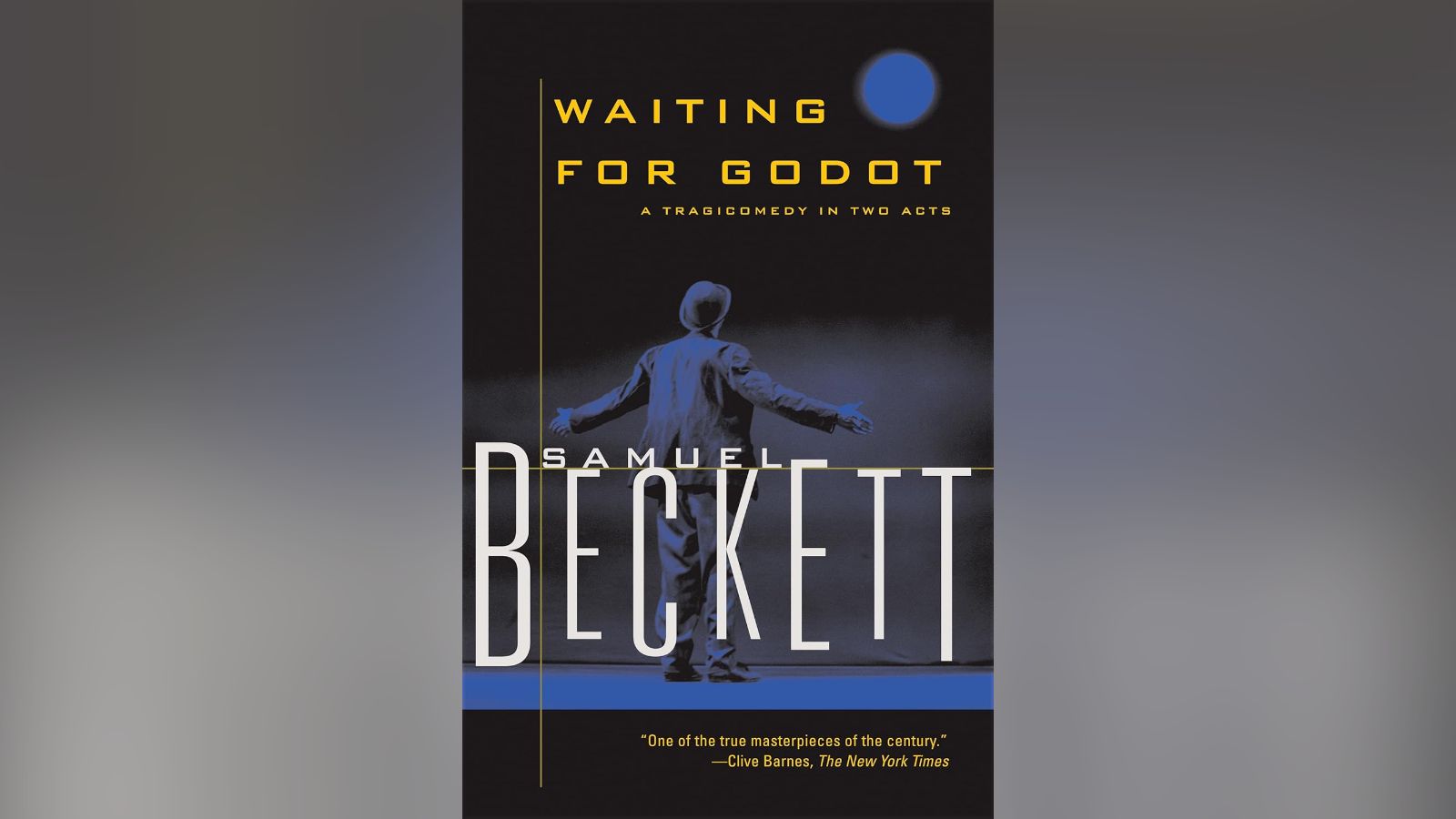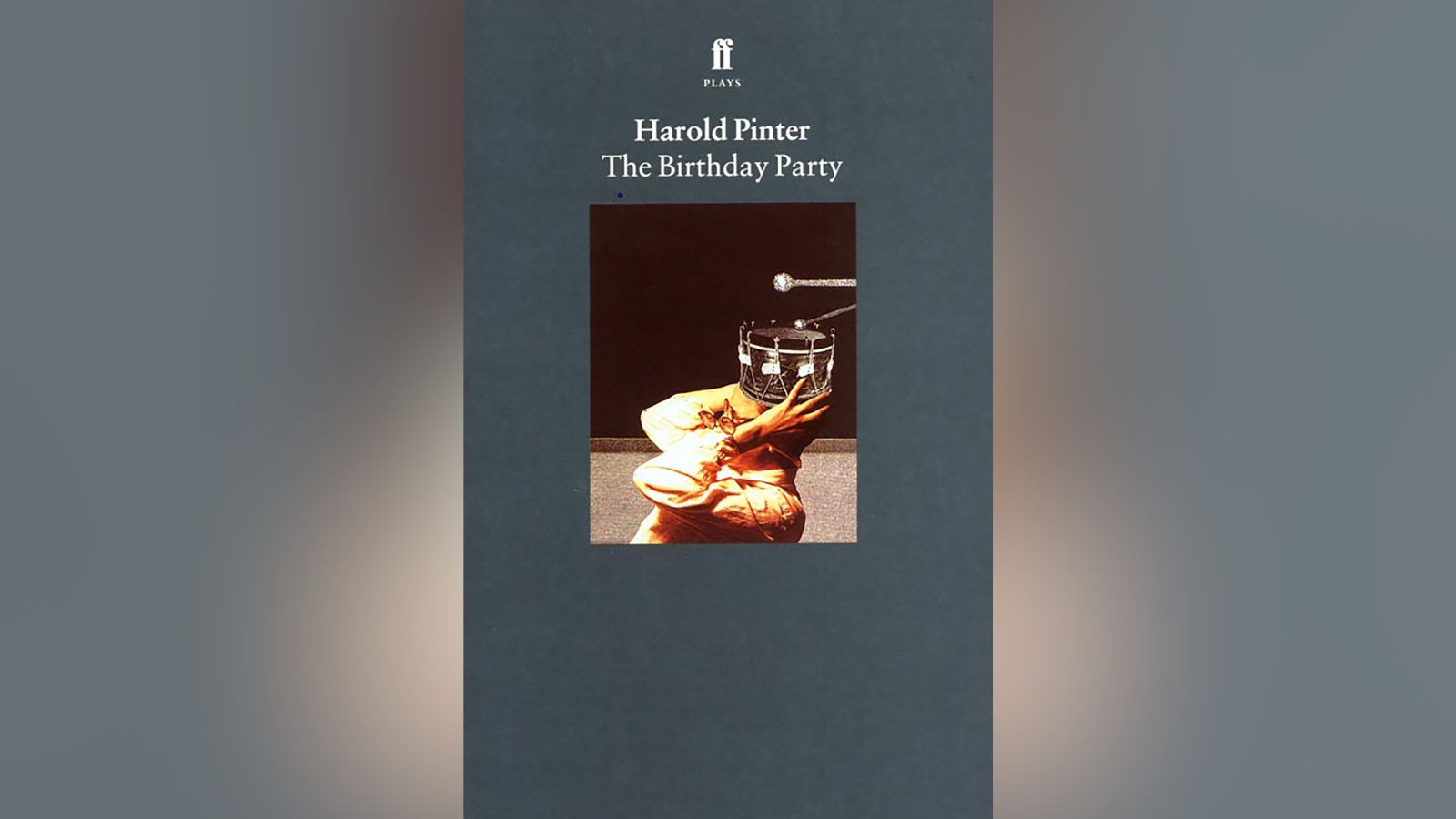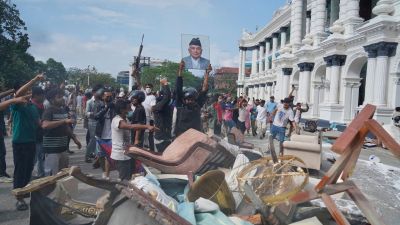Theatre of the absurd: 4 plays where nothing makes sense
Here are 4 absurdist plays that reject logic and dare you to find meaning in the meaningless.
 Today when I look back, I realise that Rajinder ji was one of those who had, in a way, started that highly creative period of Hindi theatre in Delhi. (AI Generated)
Today when I look back, I realise that Rajinder ji was one of those who had, in a way, started that highly creative period of Hindi theatre in Delhi. (AI Generated)What if a play made no sense? No plot, no clear message, no satisfying ending. Just strange conversations and a creeping sense that something’s not quite right. That’s an absurdist play. Many might ask, what’s the point of an absurd play? That’s exactly the point, there isn’t one. It is a niche genre and deliberately so. It doesn’t try to please. It doesn’t offer answers. In fact, it’s the absence of them that matters.
Absurdist plays are made to frustrate, to unsettle, to leave us uneasy and unsatisfied. In a world that is obsessed with clarity and productivity, these plays do the unthinkable, they embrace silence and confusion. They don’t offer meaning, they stare into the void and ask us to do the same.
Waiting for Godot
 Waiting for Godot by Samuel Beckett (source: amazon.in)
Waiting for Godot by Samuel Beckett (source: amazon.in)
“Nothing happens. Nobody comes, nobody goes. It’s awful.”
Two men wait. They talk. They wait some more. Nothing really happens. And that’s exactly what Waiting for Godot is about. It perfectly shows how empty and confusing life can feel. Two men are waiting for Godot, but who he is, we never quite know. There are no explanations, no resolutions- just waiting. Beckett’s shows that repetition is life. It’s waking up every day and hoping that today will be different. This isn’t a play about action, it’s a play about the lack of it. The conversations go in circles. The days blur. Every moment stretches into the next with no clear direction. They wait. And in some way, so do we.
Rhinocéros
 Rhinocéros by Eugène Ionesco (source: amazon.in)
Rhinocéros by Eugène Ionesco (source: amazon.in)
“Solitude seems to oppress me. And so does the company of other people.”
A rhinoceros charges through a town. Then another. And another. Eventually, nearly everyone has turned into one. This metamorphosis is a critique of herd mentality. The lone man, our protagonist, who refuses to transform becomes the tragic hero. The play’s absurdity is in its logic- as more people become rhinos, their transformation starts to feel almost normal. This play shows how absurdity masks itself in ideology, and how easy it is for rational humans to trade thought for brute force. What’s harder than standing alone? Staying human when everyone else charges the other way.
The Balcony
 The Balcony by Jean Genet (source: amazon.in)
The Balcony by Jean Genet (source: amazon.in)
“The pimp has a grin, never a smile.”
In a brothel built for fantasy, men dress as bishops, judges and generals. Not for sex, but to feel powerful. Outside, a revolution is raging. Inside, power is just a game of dress-up. The brothel is a stage within a stage, where authority is not earned but performed. Power here isn’t real. While, the revolution outside is tearing down real systems of power. In this play, fantasies blur with reality. And as the outside world collapses, the inside reveals something far more disturbing- that perhaps all power has always been just a performance.
The Birthday Party
 The Birthday Party by Harold Pinter (source: amazon.in)
The Birthday Party by Harold Pinter (source: amazon.in)
“What are you but a corpse waiting to be washed?”
Stanley lives a quiet life in a shabby seaside boarding house. Then two men arrive. They say they are here for a birthday party. Balloons are mentioned. A drum is played. And just like that, everything unrolls. Stanley is interrogated, broken down, undone. But why him? Who are these men? The play offers no clear logic, only absurd menace heavy enough to suffocate. The pauses aren’t empty. They’re filled with dread. And the ending? Unresolved- just like life. Harold Pinter gives us no closure, because real fear doesn’t follow a script.
(The writer is an intern with indianexpress.com)
Photos



- 01
- 02
- 03
- 04
- 05



























